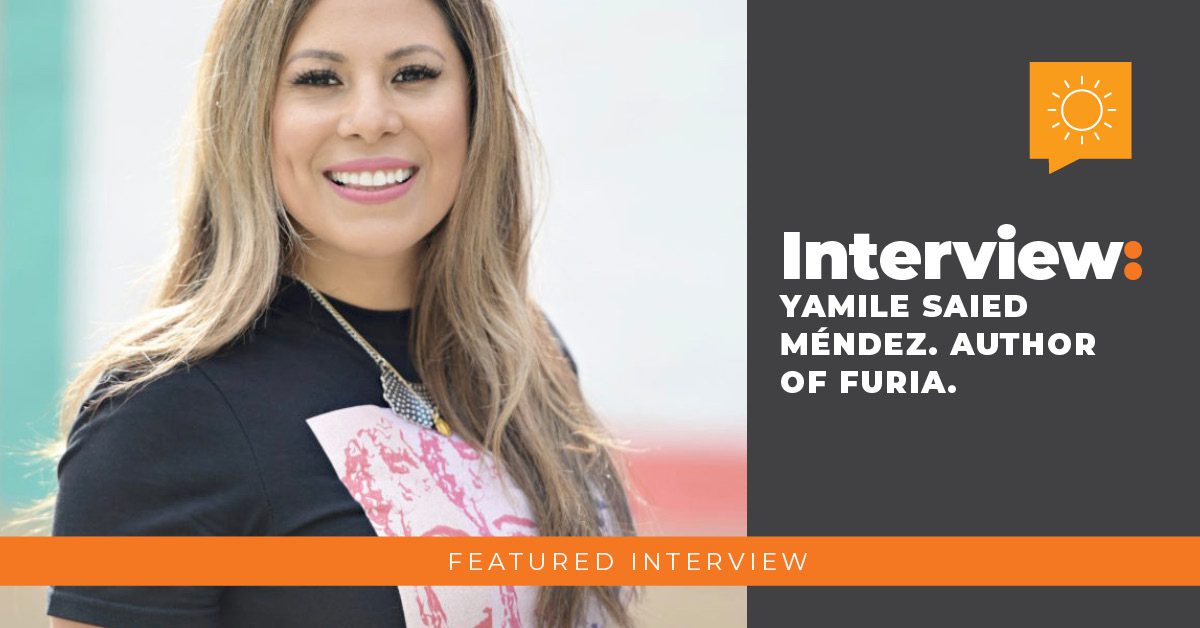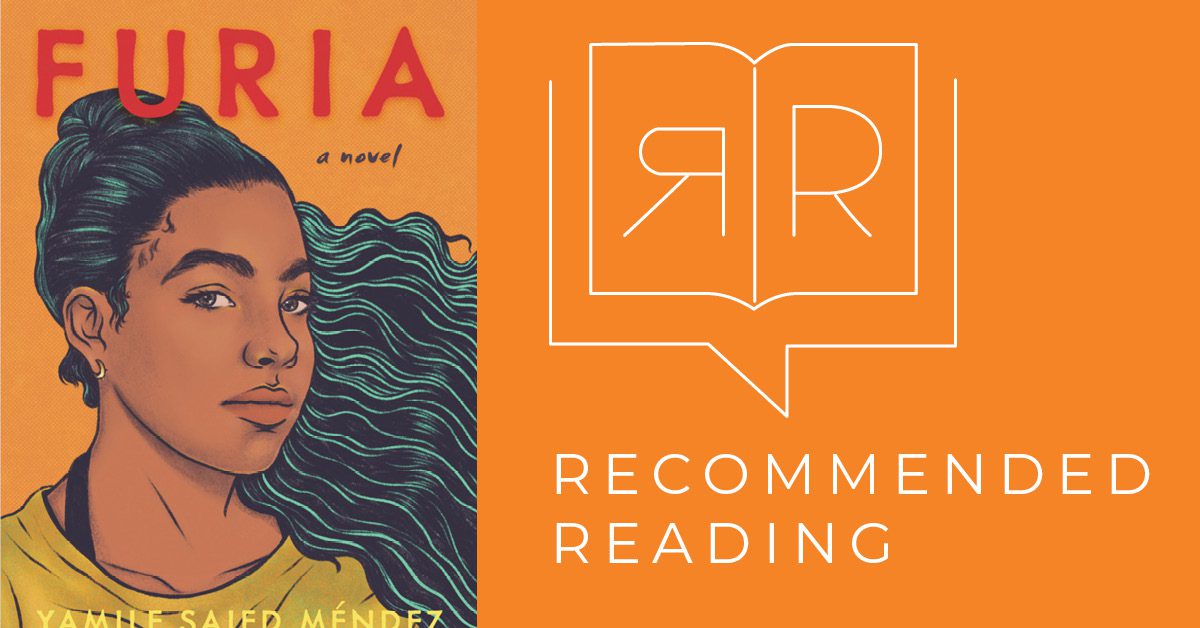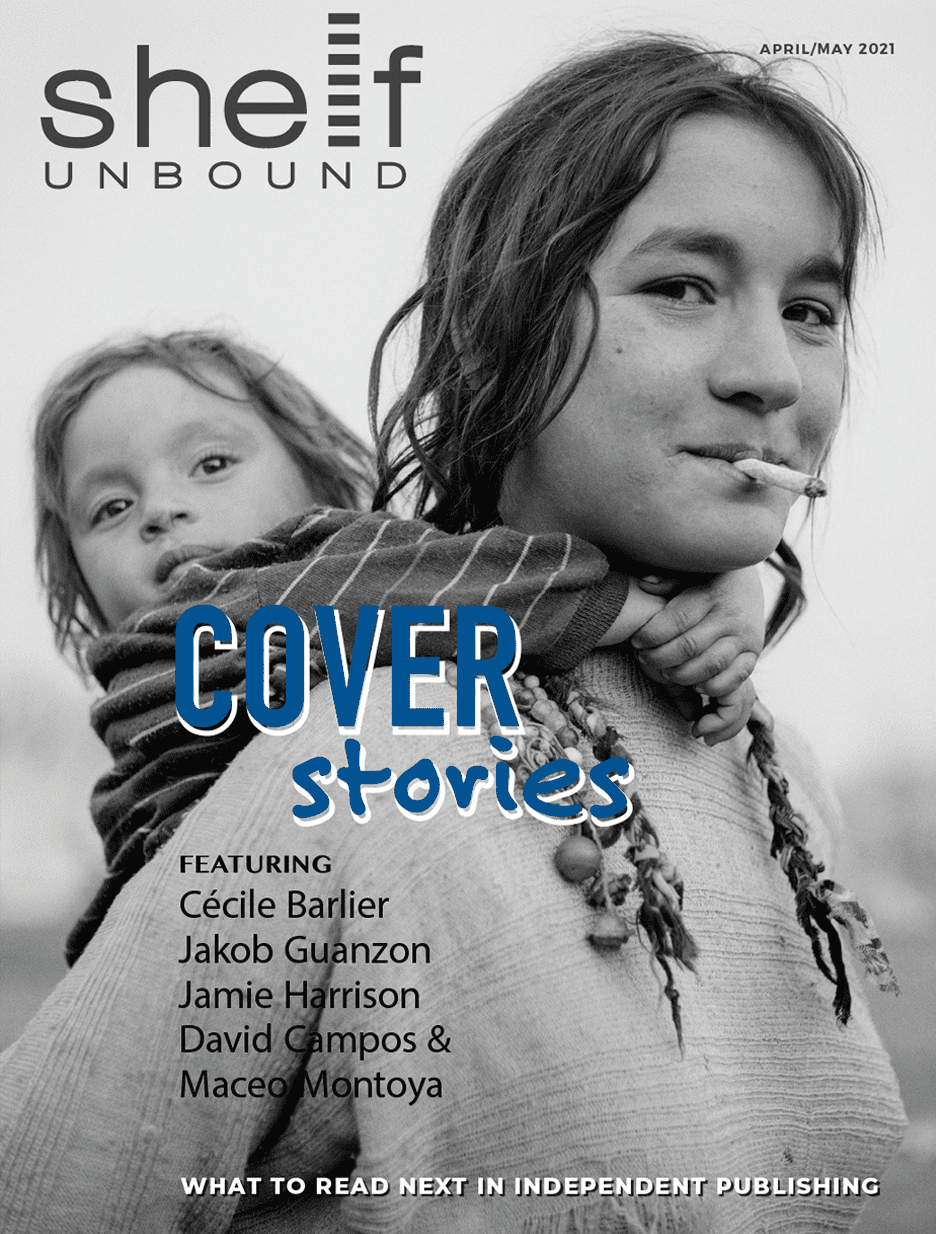By Megan Lord

Where did your love of books come from?
YSM: I was born and raised in Argentina, a country with a rich tradition of books, cinema, and music. I was inspired by the artists who bore their witness to the things our country experienced in its eventful history, especially, the last decades, and also the beauty that surround us, like: Alma Maritano, Maria Elena Walsh, Laura Devetach and others who have been acclaimed worldwide for their work in children’s literature. Also my parents encouraged my love of books and stories, and my grandfather wrote aloud to me.
When and why did you begin writing?
YSM: I started writing as soon as I learned how, when I was 6 or 7. My grandfather had just passed away and it was a very traumatic event for me. I guess I have been processing life and loss through writing ever since. But it wasn’t until I was in my late twenties, already a mother of four little ones, that I became serious about my writing and started pursuing publication.
What inspired you to write your first book?
YSM: I was inspired by the amazing life of Iris Valcarce, my dear friend, who passed away in early 2020. Her life was rich and beautiful, and someone needed to record it. I gave her a bound manuscript that will never be published, but it was my tribute to our friendship and her love for my family and me. Ever since, each of my stories has been dedicated to a particular person or group of people who have motivated me to tell their story. In the case of FURIA, it is my tribute to all las futboleras who love the beautiful game and made a place for themselves in the sport they love.
What cultural value do you see in writing/reading/storytelling/etc.?
YSM: Storytelling is a human trait we use to pass on survival skills, whether we know it or not. We can understand a society by the art it produces, and in my case, my writing is my activism and my way of bearing witness to the things I experience and observe.
Who are some of your favorite authors that you feel were influential in your work? What impact have they had on your writing?
YSM: I have so many favorite authors, but my literary ancestors are: Isabel Allende, Carlos Ruiz Zafón, Melina Marchetta, Philip Pullman, Nova Ren Suma, Carolina De Robertis, Guadalupe García McCall, Meg Medina, Rick Riordan. They have taught me to be true to myself as a storyteller and to respect my audience.
How did it feel to be picked for Reese Witherspoon’s book club?
YSM: Being part of the Reese Book Club has been an amazing opportunity to get my books to a wider audience. The whole RBC team and the authors are a group of people passionate for stories and readers, and it’s been one of the greatest honors of my life to be part of it.
What’s the background of how this story came to be written?
YSM: It was born of my love of fútbol and seeing so many girls and women fighting for the right to play it. At the same time, the Ni Una Menos movement has been a force that has spread all over the world, and its influence has called attention to the problems with gender violence and inequality that aren’t endemic to Latin America but all of the world, unfortunately.
What was most challenging to you when writing this book?
YSM: Writing it wasn’t challenging. Publishing it was a different story. In the early days of my career, I was complimented over and over on the writing and the story itself, but I was told repeatedly that there wasn’t a market for a story like FURIA. Until We Need Diverse Books came along, and the market perception changed, and it found the perfect home at Algonquin Young Readers. Elise Howard and Sara Alpert, my editors, believed in FURIA and me from the start, and helped me take FURIA out into the world.
What are your fans saying about the book? Tell us about a unique interaction you had with one of your readers after reading your book.
YSM: The best has been the reaction of the Argentine readers in Argentina and all over the world, who for the first time see a girl from a barrio who truly represents them without stereotypes.
After reading Furia, what’s one thing you hope a reader would take away?
YSM: I hope that they understand what a force teen girls are. How brilliant and powerful they are!
What was your favorite character’s story to write and why?
YSM: They’re all my favorite characters, but I enjoyed developing Karen because she’s a younger version of Camila although they’re so different at the same time.
What do you have in the works next? Are you currently working on your next novel and can you tell us anything about it?
YSM: I’m working on a multitude of projects: a middle grade anthology about menstruation stories (with Aida Salazar), a middle grade series about horse girls, a YA anthology of Latine horror stories (with Amparo Ortiz), an adult romance, and a second YA I can’t say anything about, except that it’s also set in Argentina.

About the Book
In Rosario, Argentina, Camila Hassan lives a double life. At home, she is a careful daughter, living within her mother’s narrow expectations, in her rising-soccer-star brother’s shadow, and under the abusive rule of her short-tempered father.
On the field, she is La Furia, a powerhouse of skill and talent. When her team qualifies for the South American tournament, Camila gets the chance to see just how far those talents can take her. In her wildest dreams, she’d get an athletic scholarship to a North American university.
But the path ahead isn’t easy. Her parents don’t know about her passion. They wouldn’t allow a girl to play fútbol—and she needs their permission to go any farther. And the boy she once loved is back in town. Since he left, Diego has become an international star, playing in Italy for the renowned team Juventus. Camila doesn’t have time to be distracted by her feelings for him.
Things aren’t the same as when he left: she has her own passions and ambitions now, and La Furia cannot be denied. As her life becomes more complicated, Camila is forced to face her secrets and make her way in a world with no place for the dreams and ambition of a girl like her.

[cm_page_title title=”Continue Reading” subtitle=” Shelf Unbound”]
Article originally Published in the April / May 2021 Issue: Cover Stories.
